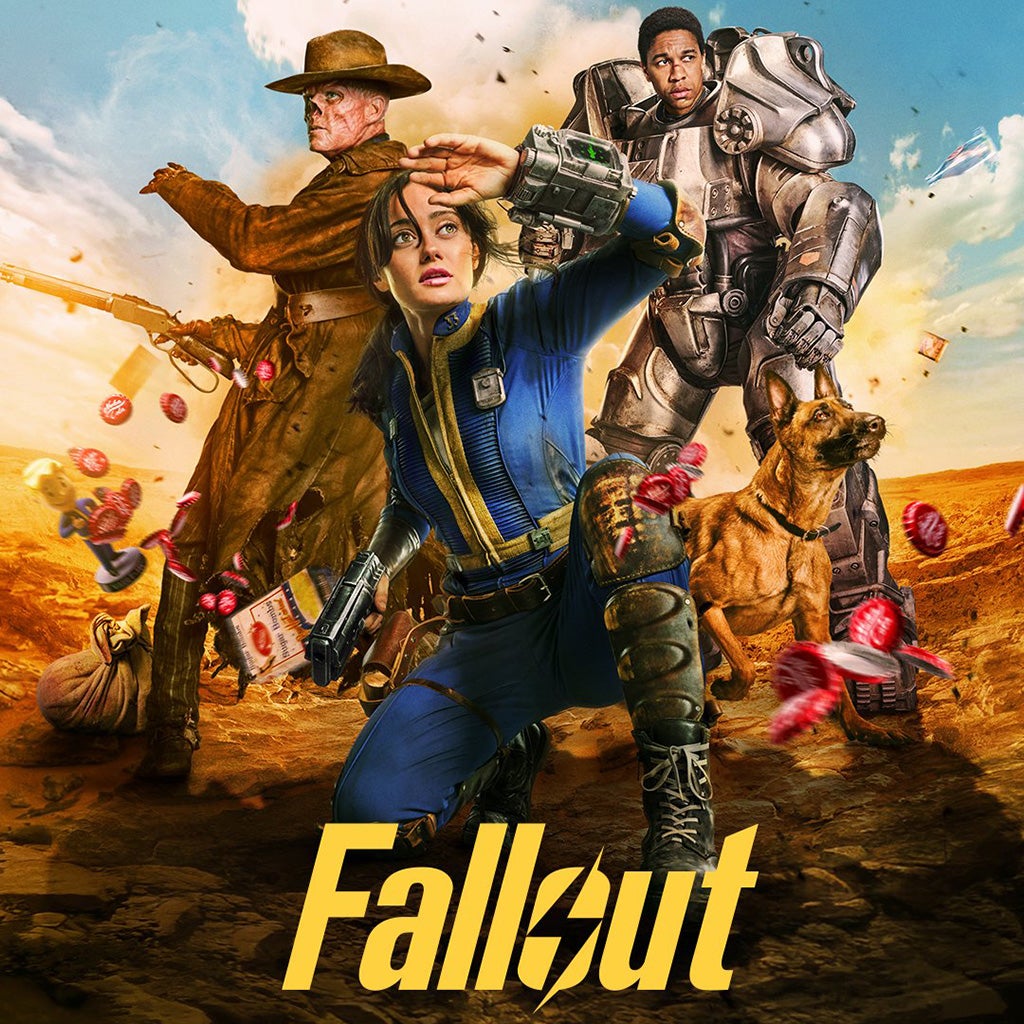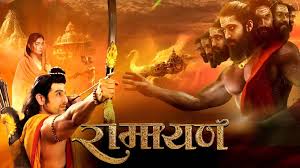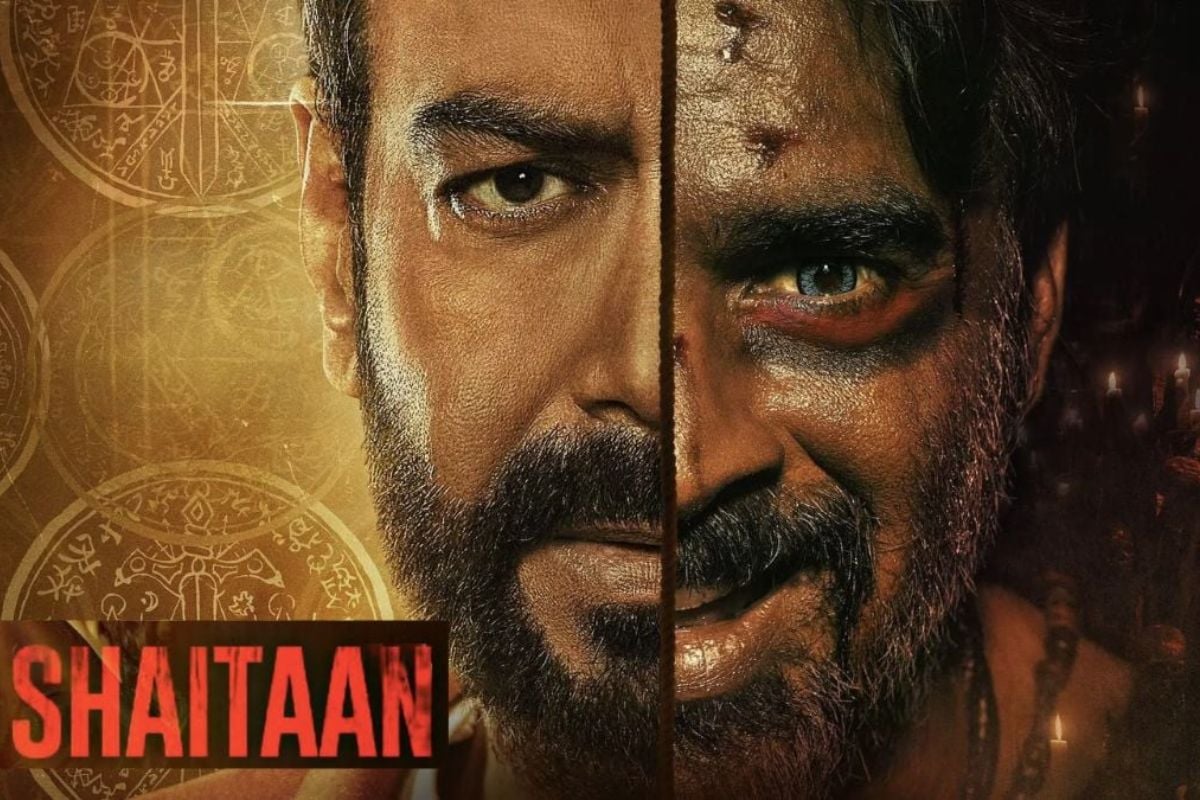Introduction
The much-anticipated Fallout TV show has finally premiered, bringing the beloved post-apocalyptic video game series to the small screen. Fans of the game and newcomers alike have been eagerly awaiting this adaptation, curious to see how the rich lore and iconic wasteland would translate to a television format. But does it live up to the hype?
Plot and Storyline
Setting and Premise
Set in a post-apocalyptic future, the Fallout TV show faithfully recreates the desolate yet intriguing world that fans know and love. The show is set in the aftermath of a nuclear war that has ravaged the planet, leaving behind a landscape filled with radiation, mutated creatures, and scattered remnants of civilization. The premise centers around survivors navigating this harsh new reality, facing both environmental hazards and human conflicts.
Main Plot Points
Season 1 follows a group of characters with intertwining fates, each dealing with their own challenges and moral dilemmas. The storyline weaves through various locations familiar to gamers, such as Vaults, ruined cities, and treacherous wastelands. Major plot points include the search for lost family members, the struggle for resources, and uncovering dark secrets about the past and future of humanity.
Characters and Performances
Key Characters
The show introduces a range of characters, from hardened survivors to enigmatic leaders. Notable figures include the resourceful protagonist, the enigmatic leader of a survivor settlement, and a charismatic yet ruthless antagonist. Each character brings their own backstory and motivations to the table, adding depth to the narrative.
Actor Performances
The cast delivers strong performances, with standout roles bringing the complex characters to life. The protagonist, played by a seasoned actor, portrays a mix of vulnerability and resilience. Supporting actors also shine, contributing to the show’s emotional and dramatic moments. However, some characters feel underdeveloped, leaving viewers wanting more insight into their backgrounds.
Visuals and Special Effects
Post-Apocalyptic World Design
The visual representation of the Fallout universe is one of the show’s strongest points. The production team has meticulously recreated the game’s aesthetic, from the desolate wastelands to the retro-futuristic technology. The attention to detail in set design and costumes helps immerse viewers in this dystopian world.
Special Effects Quality
Special effects are used effectively to depict the hazards and wonders of the post-apocalyptic environment. From radiation storms to mutated creatures, the CGI enhances the storytelling without overshadowing the plot. Practical effects and makeup also play a crucial role in bringing the gritty reality of the wasteland to life.
Adaptation from the Video Game
Faithfulness to the Source Material
Fans of the video game will appreciate the show’s dedication to staying true to the source material. Iconic elements such as Pip-Boys, Nuka-Cola, and familiar factions are seamlessly integrated into the storyline. The showrunners have clearly made an effort to respect the game’s lore and atmosphere.
Changes and Additions
While staying true to its roots, the show also introduces new elements and storylines to keep the narrative fresh and engaging. Some of these changes have been met with mixed reactions from fans, but they generally serve to enhance the storytelling. New characters and plot twists add depth and complexity to the series.
Writing and Dialogue
Script Quality
The writing in the Fallout TV show is a mix of strong moments and occasional clichés. Dialogue often captures the dark humor and gritty tone of the Fallout games, with memorable one-liners and poignant exchanges. However, some scenes suffer from predictable or overly dramatic writing.
Memorable Lines
There are several standout lines that will likely become fan favorites, encapsulating the bleak yet hopeful spirit of the Fallout universe. The interplay between characters often results in sharp, witty dialogue that keeps viewers engaged.
Direction and Pacing
Direction Style
The direction of the show effectively balances action, drama, and moments of introspection. Directors have managed to maintain a consistent tone that aligns with the game’s aesthetic, using creative camera work and atmospheric settings to enhance the narrative.
Pacing and Flow of Episodes
The pacing varies throughout the season, with some episodes delivering fast-paced action while others take a slower, more character-driven approach. Overall, the flow of the season maintains a good balance, though a few episodes might feel drawn out or rushed in places.
Soundtrack and Audio
Music Score
The soundtrack of the Fallout TV show is a blend of original compositions and iconic tunes from the game series. The music enhances the atmosphere, with haunting melodies and upbeat tracks that reflect the juxtaposition of hope and despair in the post-apocalyptic world.
Sound Effects
Sound effects play a crucial role in immersing viewers in the Fallout universe. From the eerie silence of the wasteland to the explosive action sequences, the audio design helps create a vivid and engaging experience.
Themes and Messages
Underlying Themes
The Fallout TV show explores themes of survival, humanity, and the consequences of technological advancement. It delves into the moral complexities of life in a post-apocalyptic world, where characters must make difficult choices and confront their own values.
Social Commentary
The show also provides social commentary on issues such as resource scarcity, government control, and the impact of war. These elements add depth to the narrative, encouraging viewers to reflect on the parallels with our own world.
| The Cast of Fallout | ||
|---|---|---|
| Picture | Name | Character |
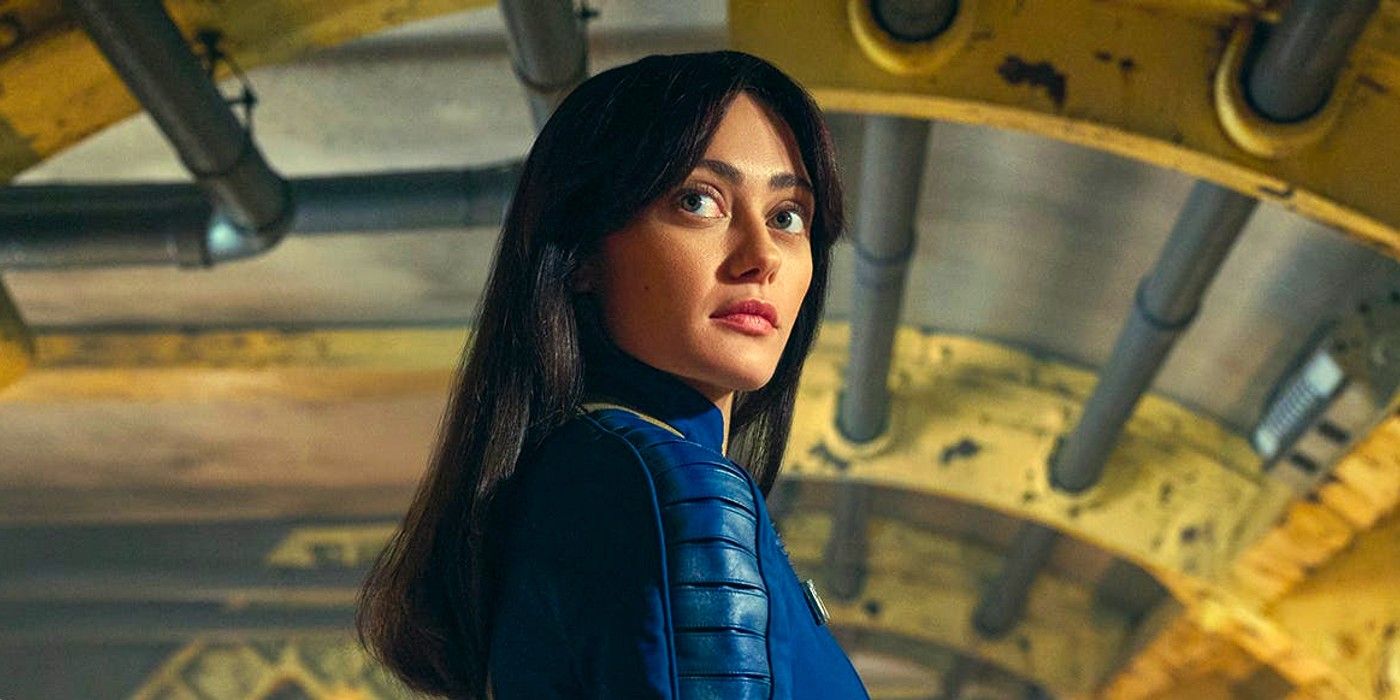 | Ella Purnell | Lucy MacLean |
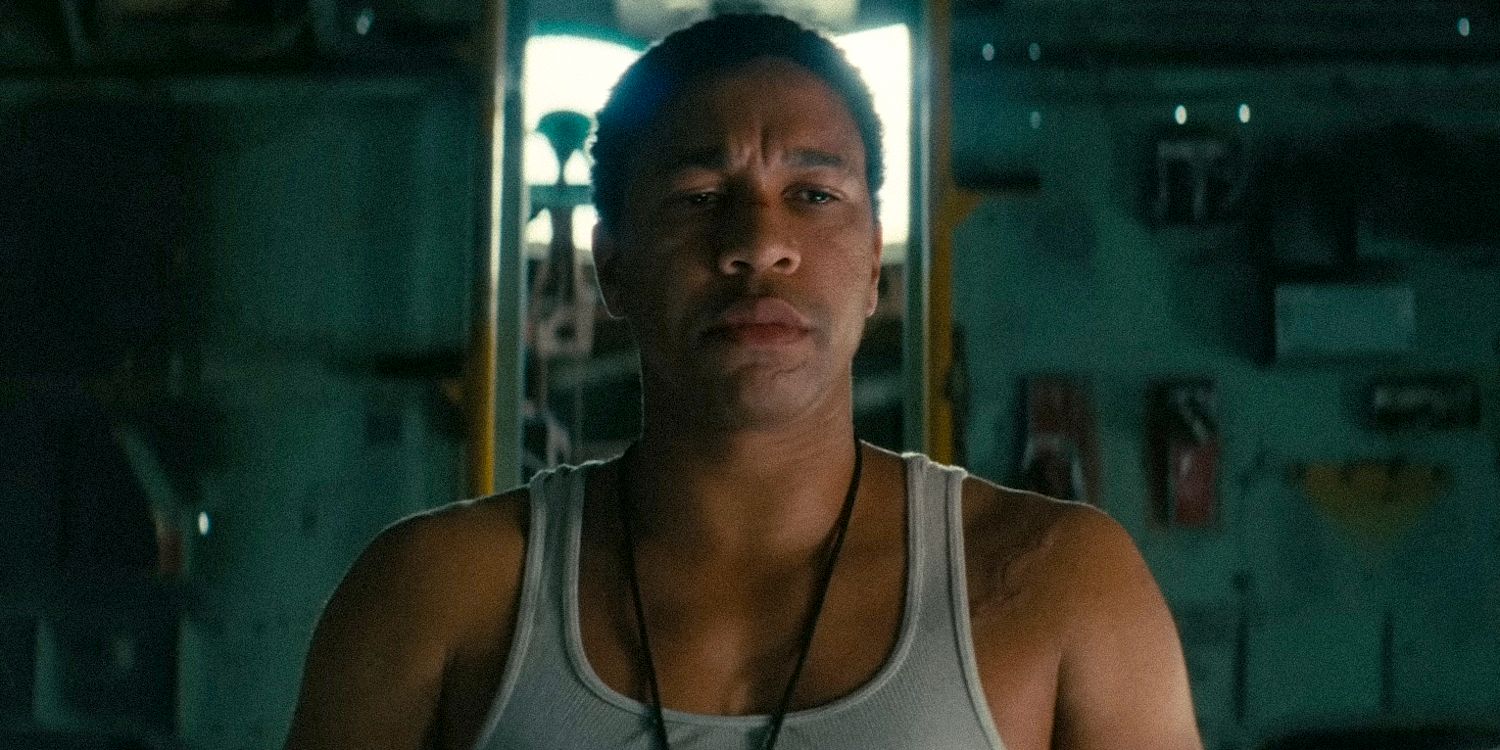 | Aaron Moten | Maximus |
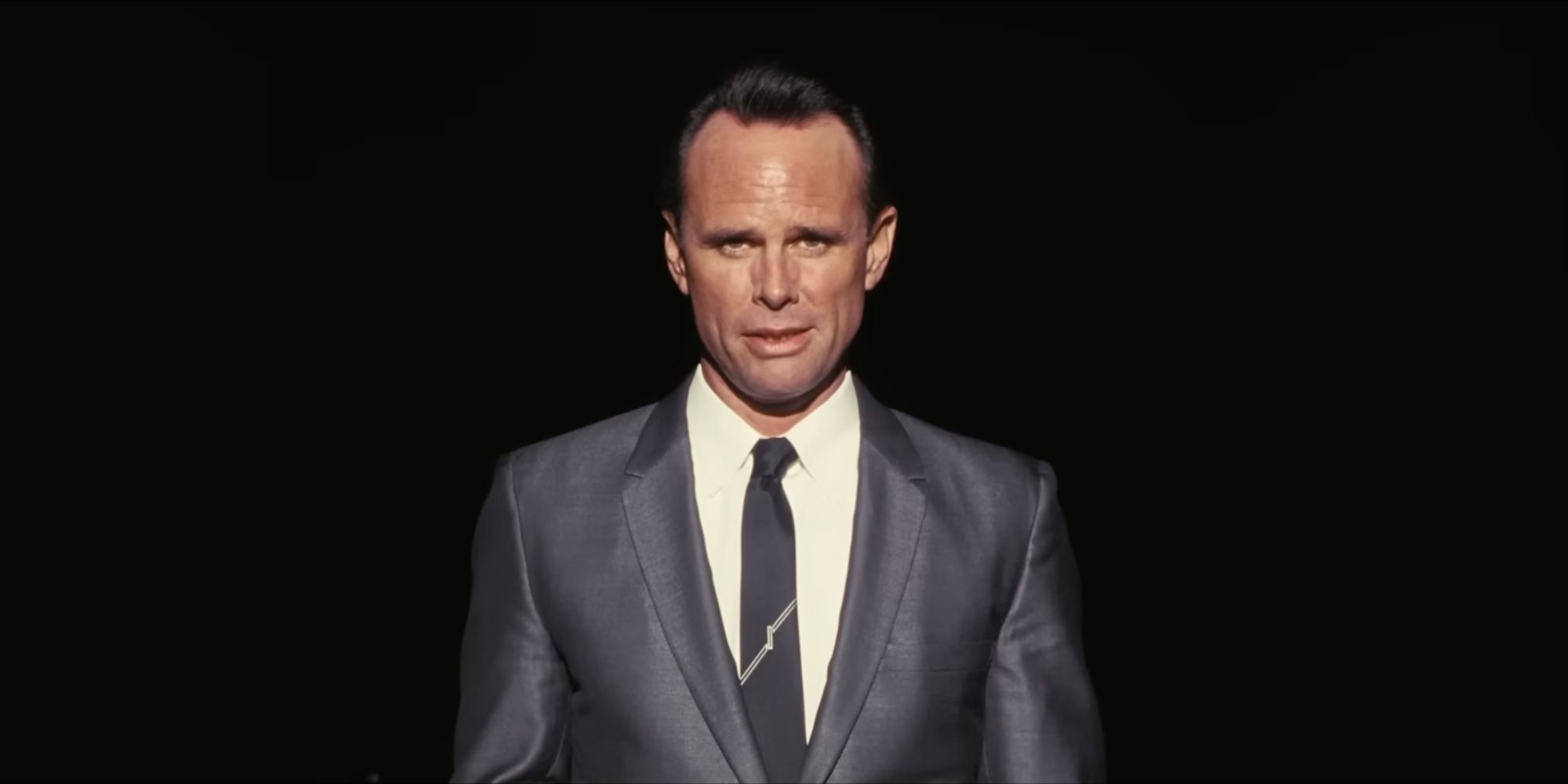 | Walton Goggins | Cooper Howard/The Ghoul |
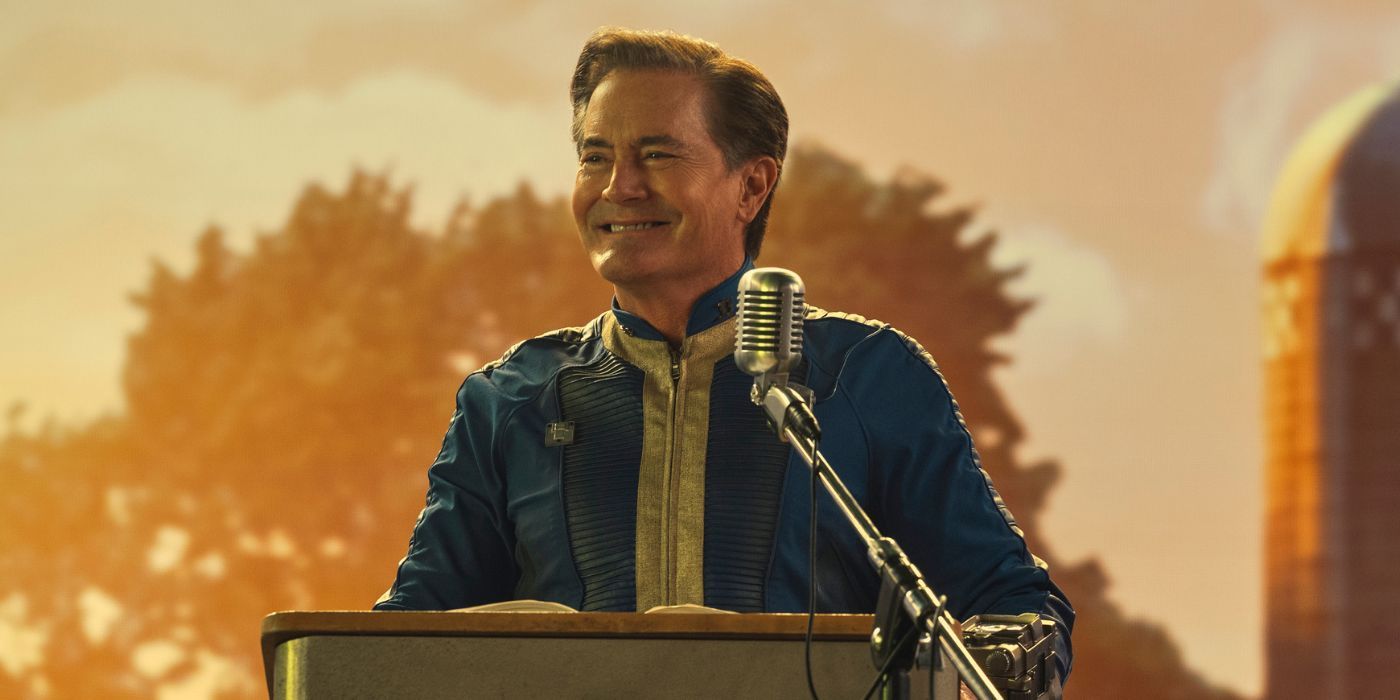 | Kyle MacLachlan | Hank MacLean |
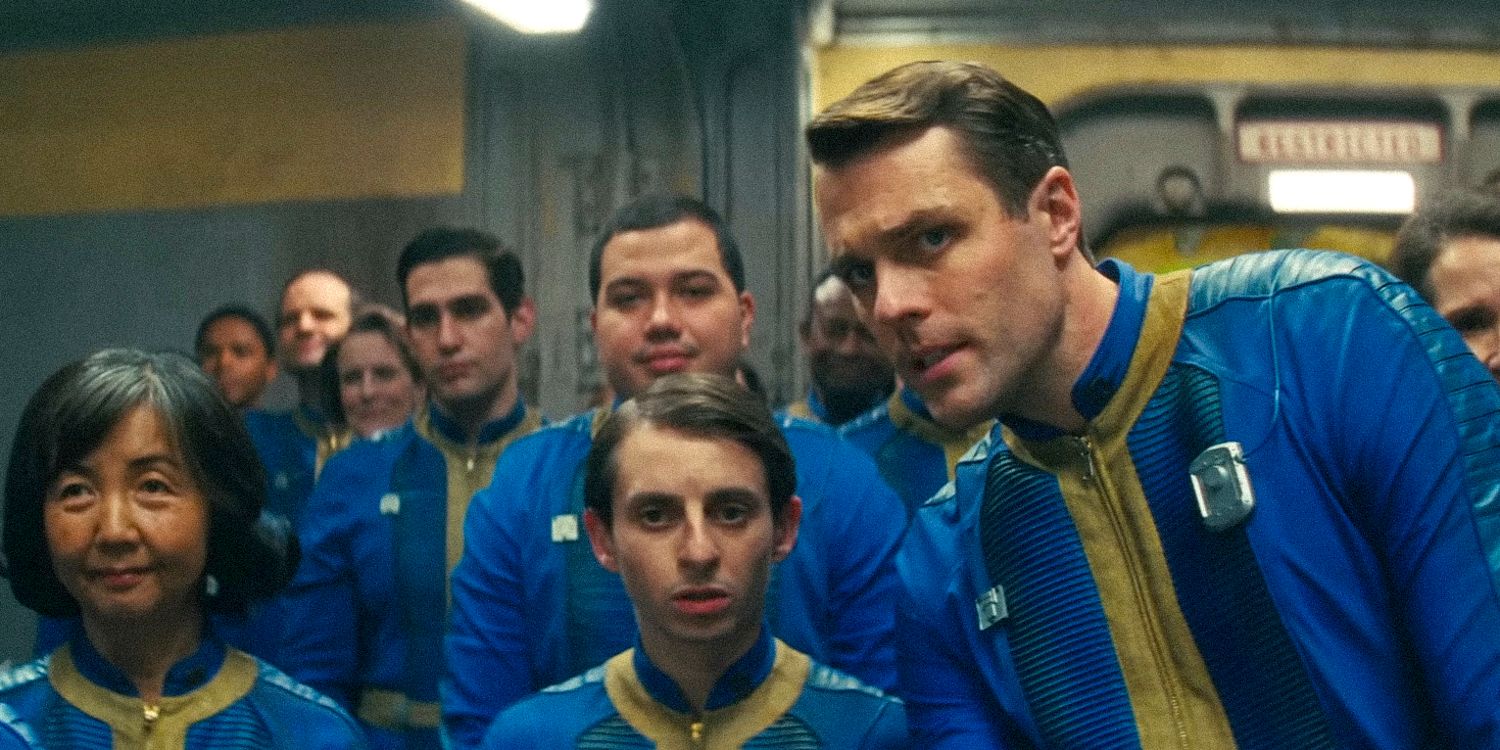 | Moises Arias | Norm MacLean |
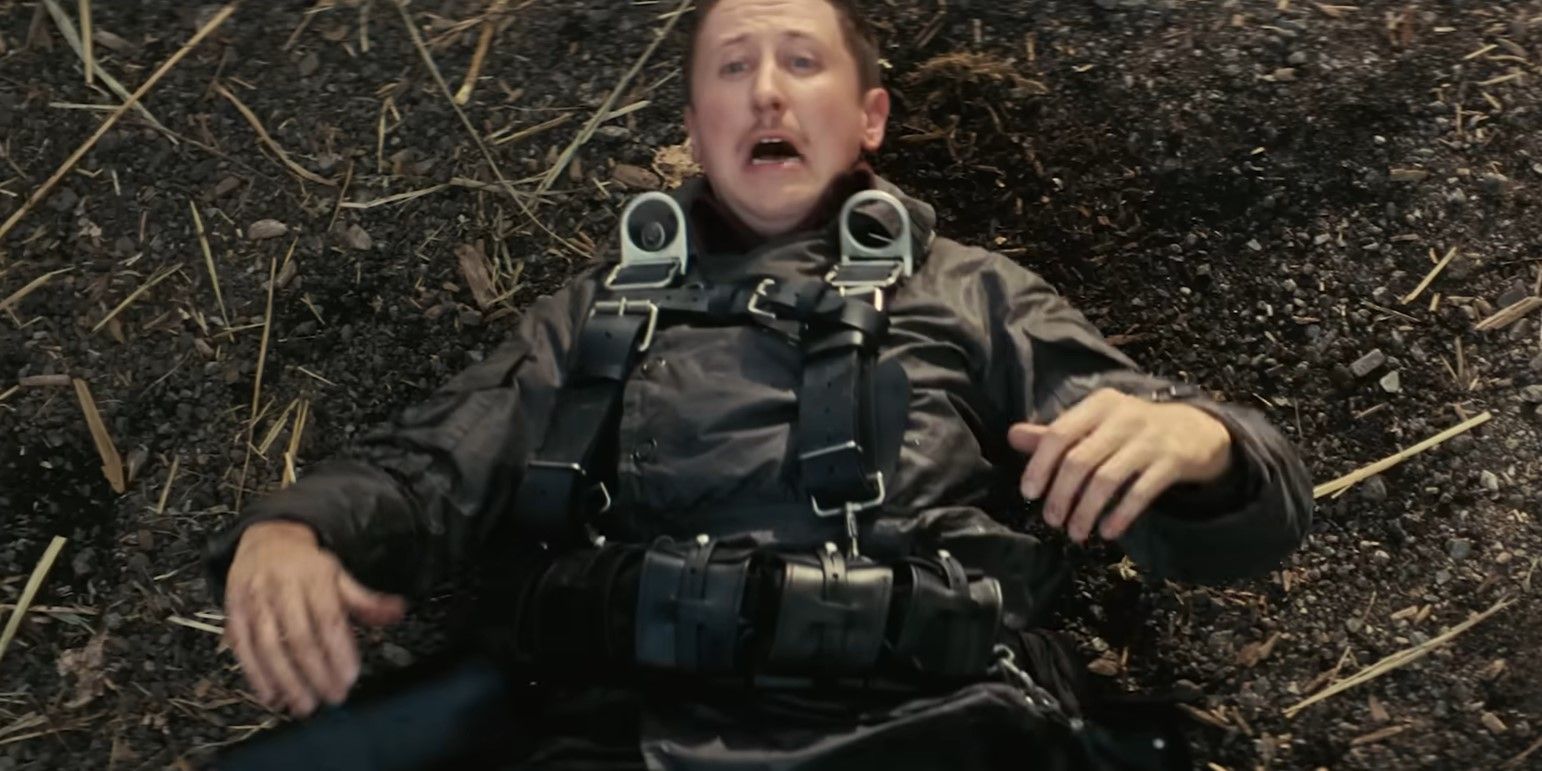 | Johnny Pemberton | Thaddeus |
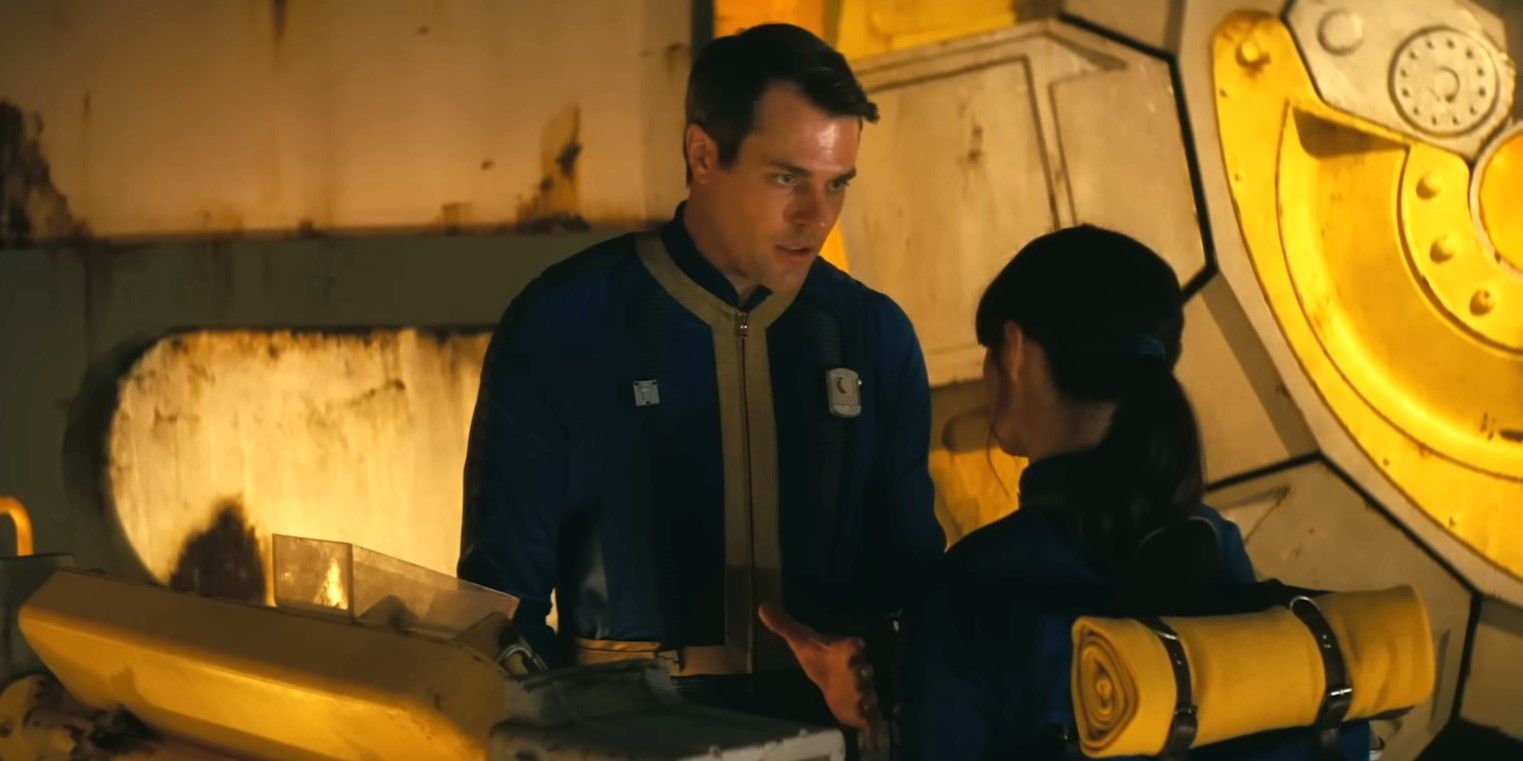 | Dave Register | Chet |
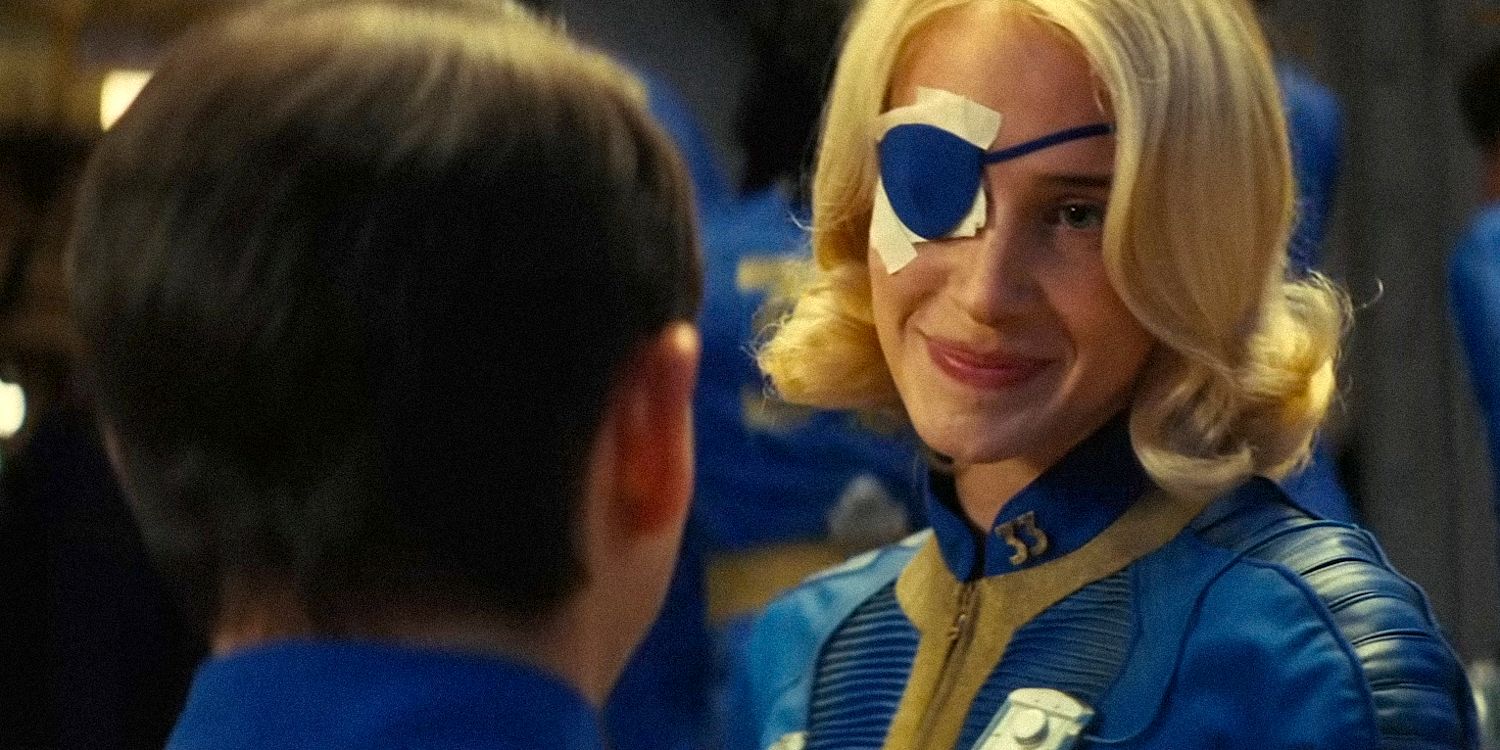 | Annabel O’Hagan | Steph |
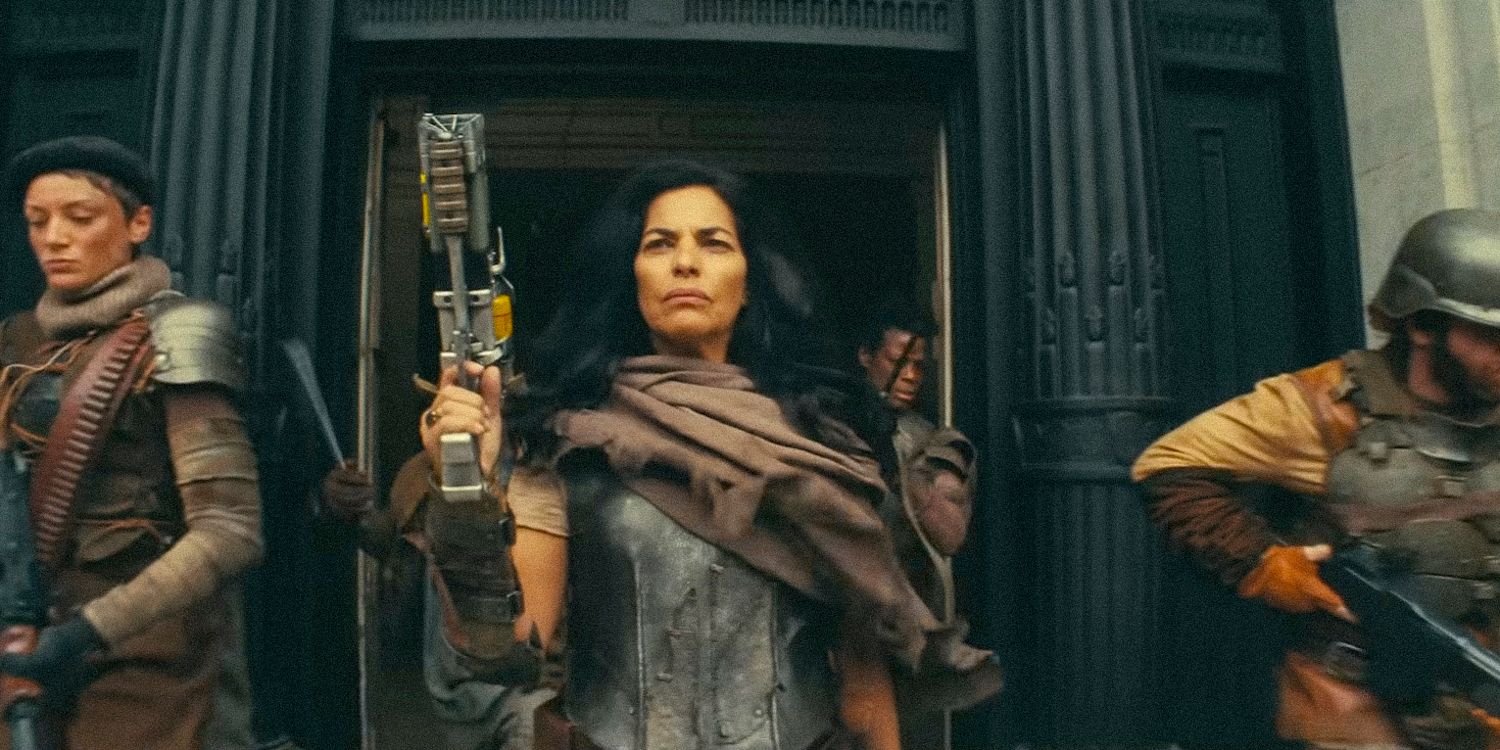 | Sarita Choudhury | Moldaver |
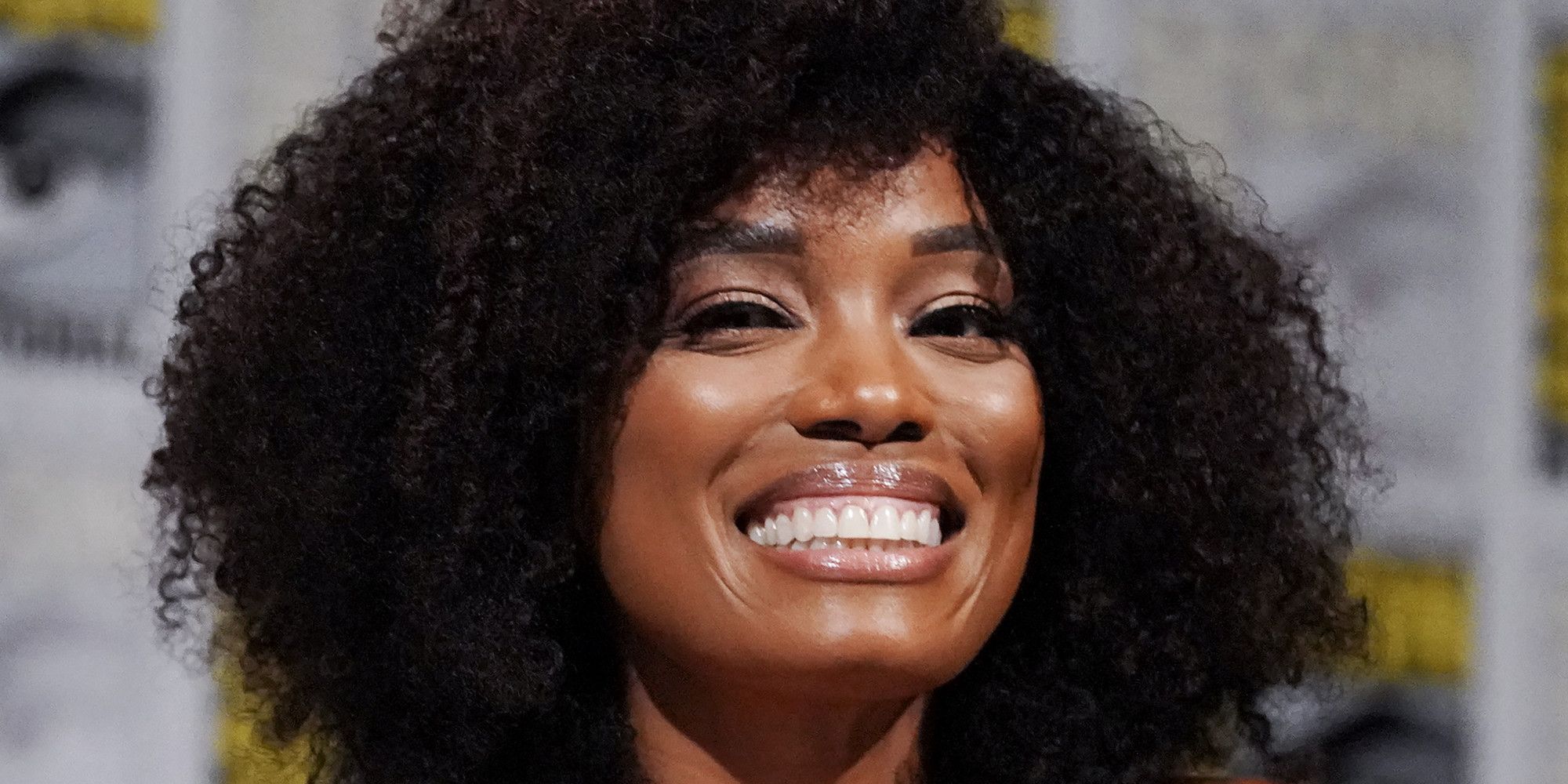 | Frances Turner | Barb Howard |
 | Teagan Meredith | Janey Howard |
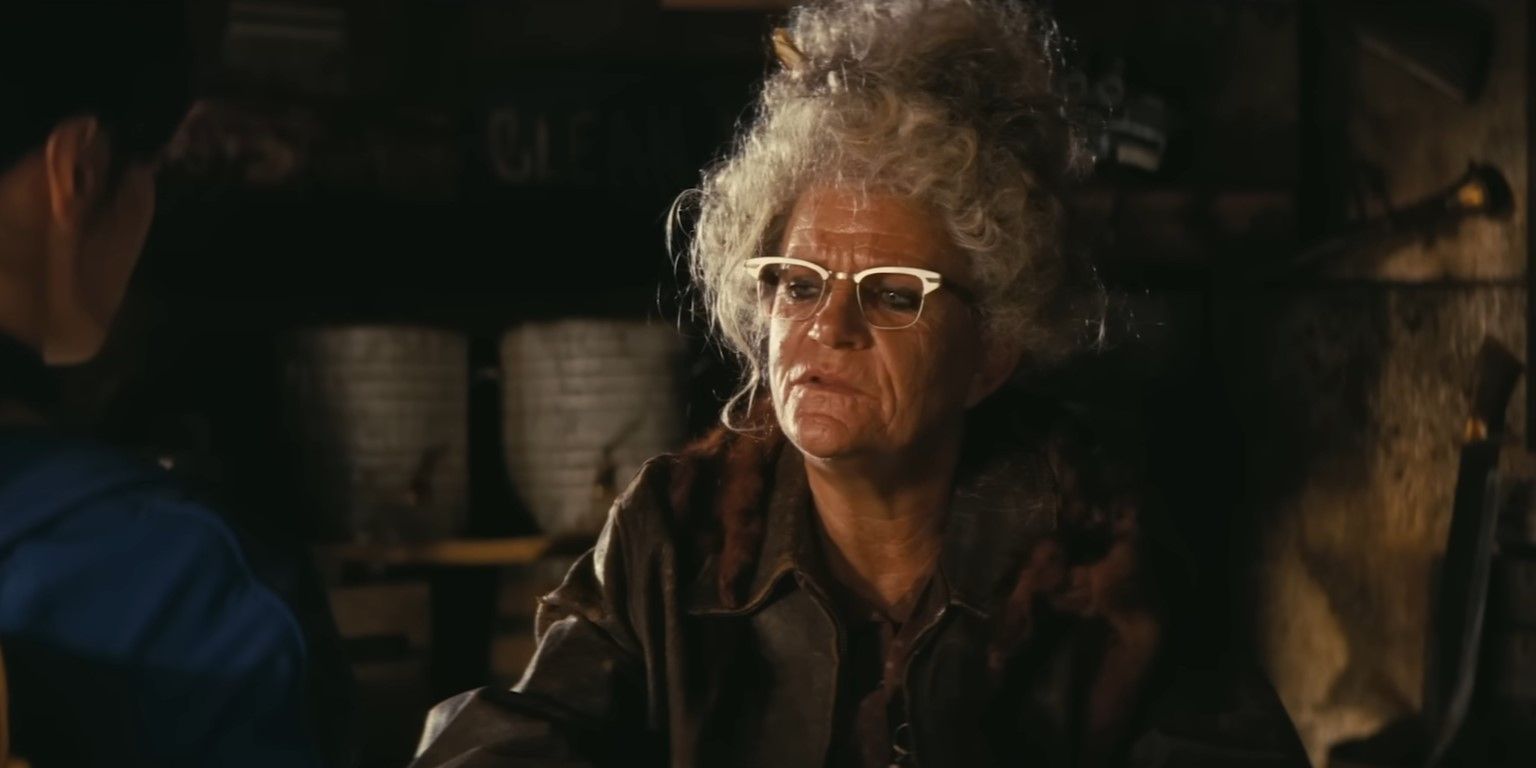 | Dale Dickey | Ma June |
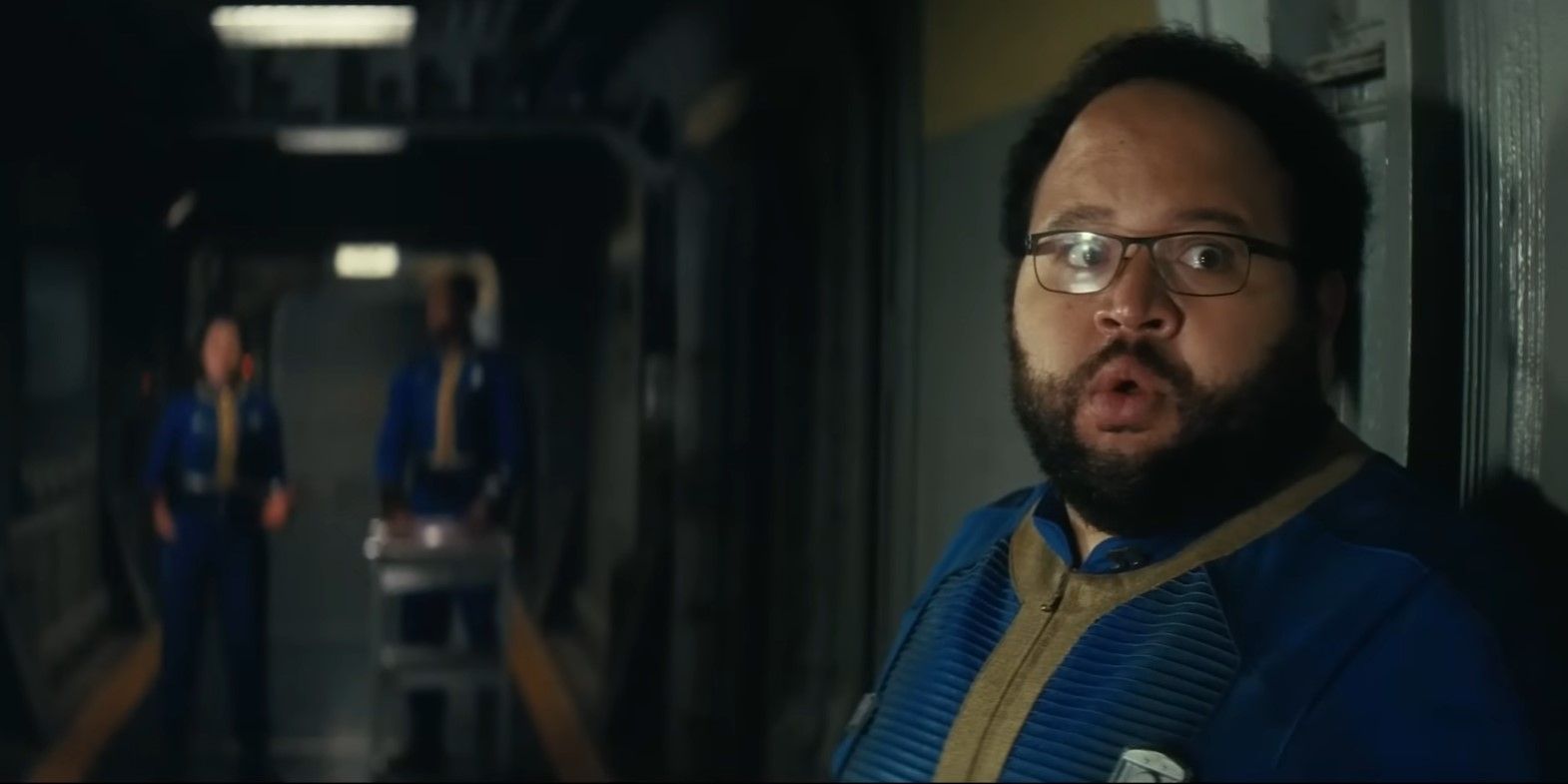 | Zach Cherry | Woody Thomas |
 | Chris Parnell | Overseer Ben |
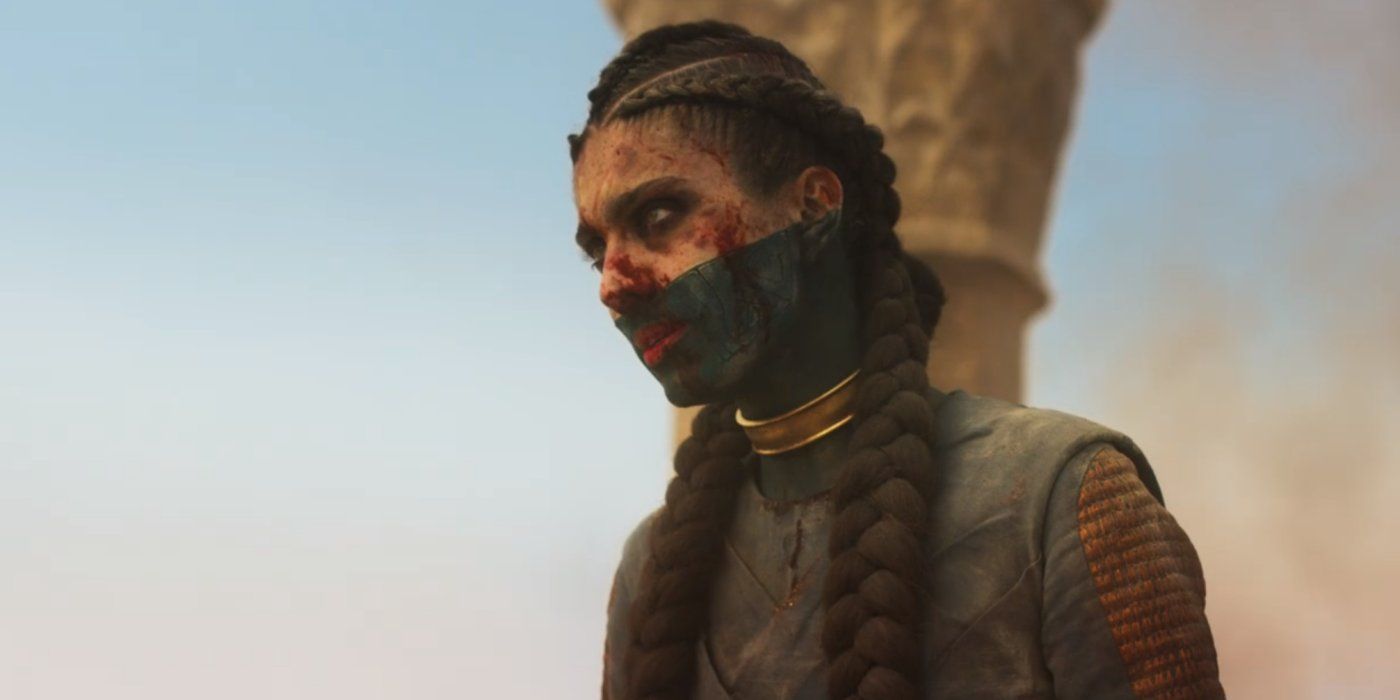 | Xelia Mendes-Jones | Dane |
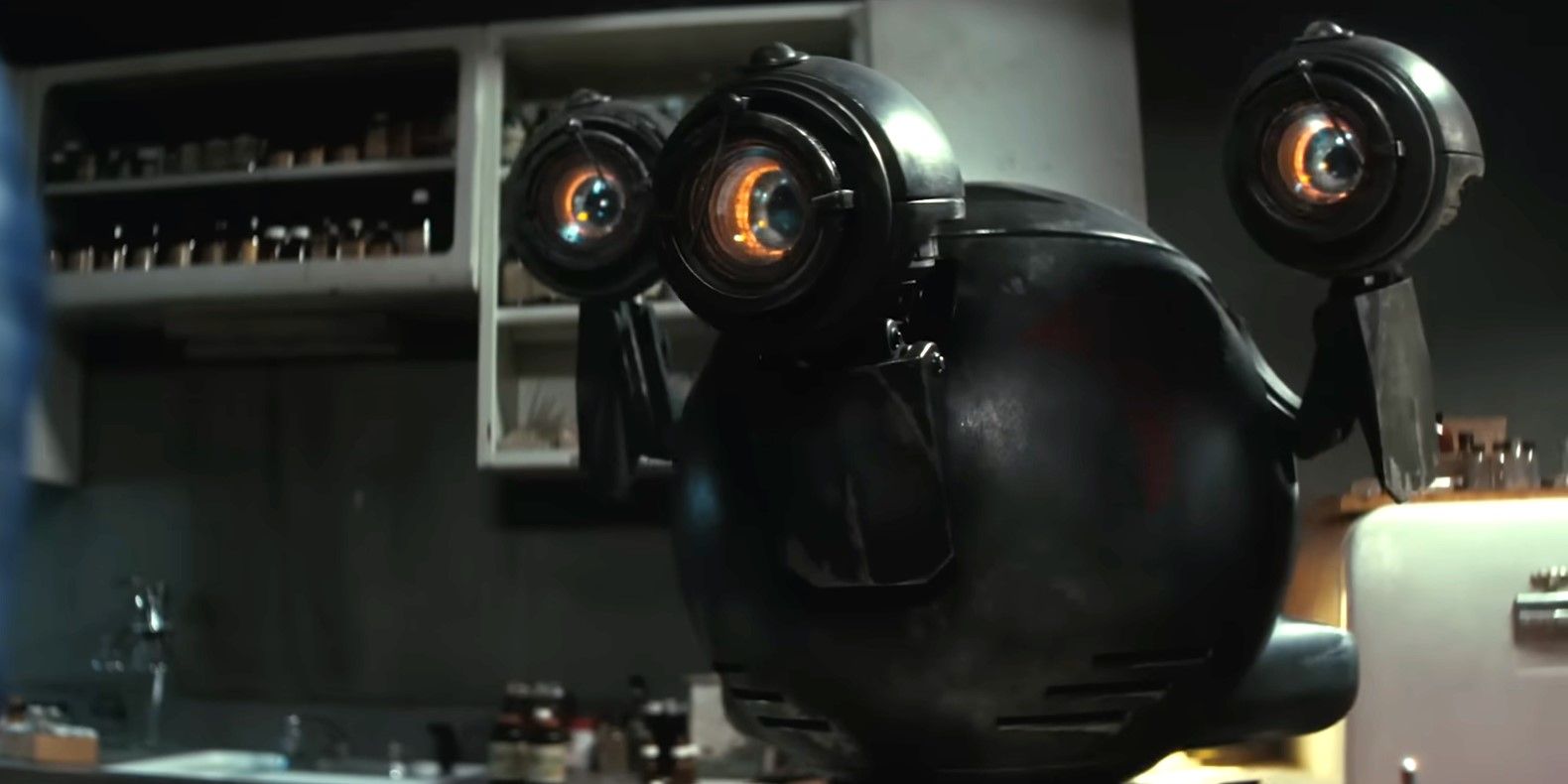 | Matt Berry | Mr. Handy |
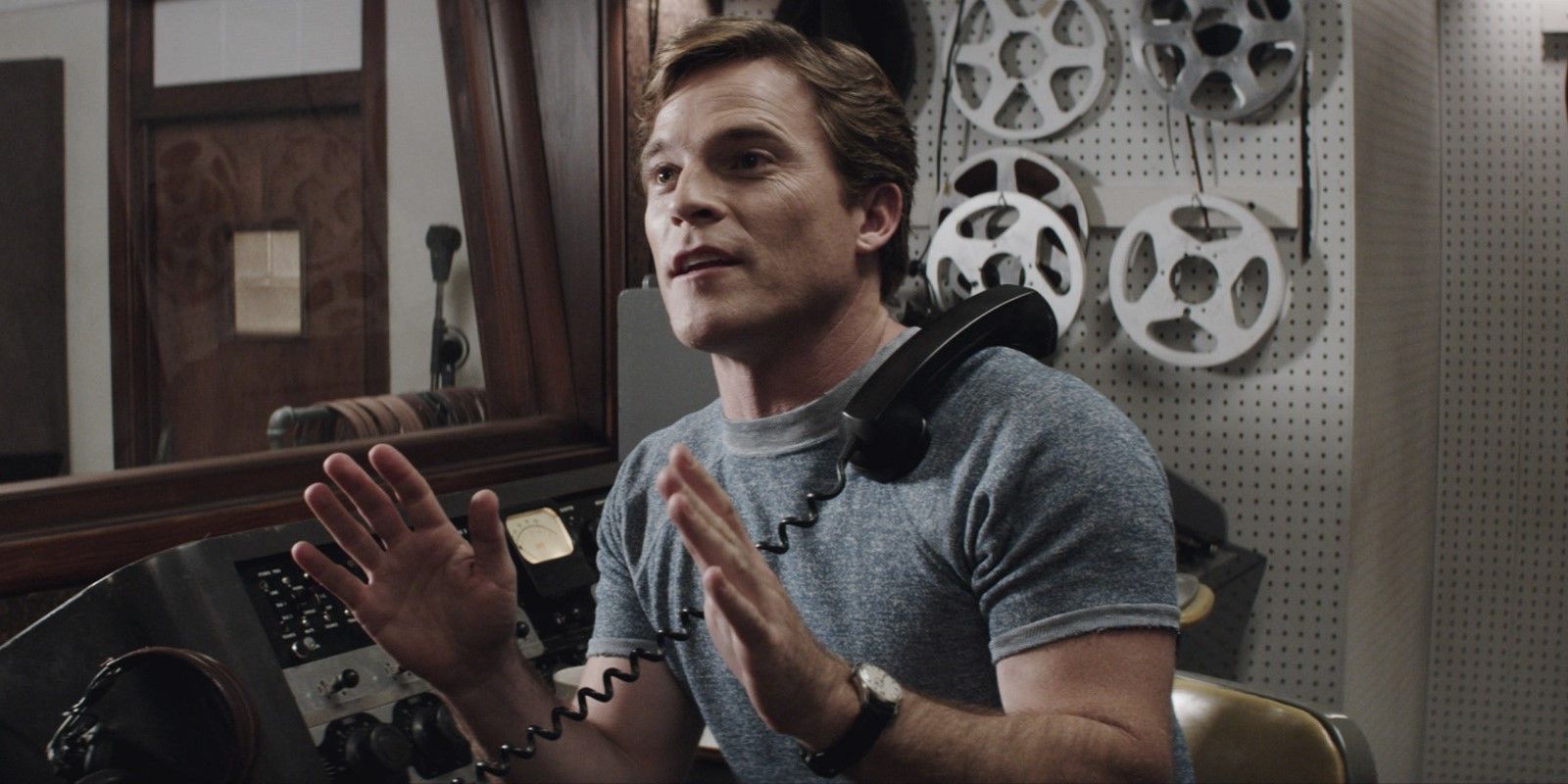 | Mike Doyle | Mr. Spencer |
 | Cherien Dabis | Birdie |
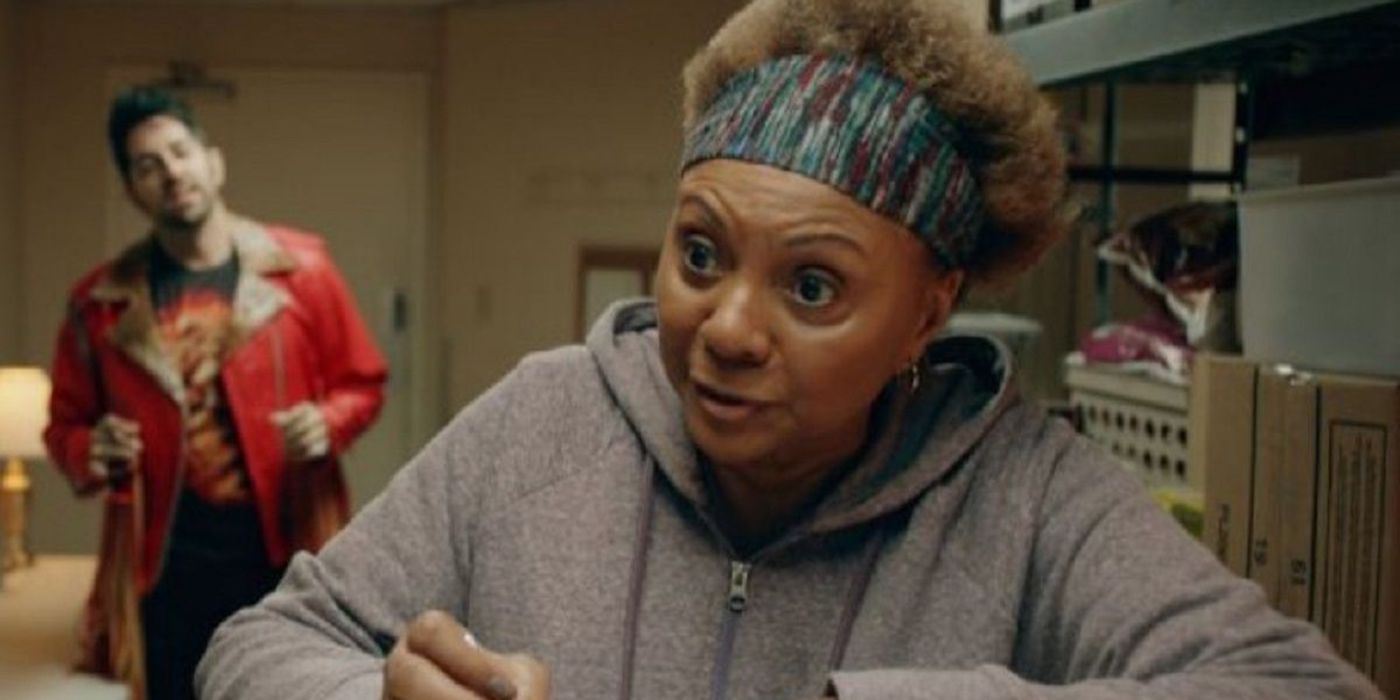 | Leslie Uggams | Betty Pearson |
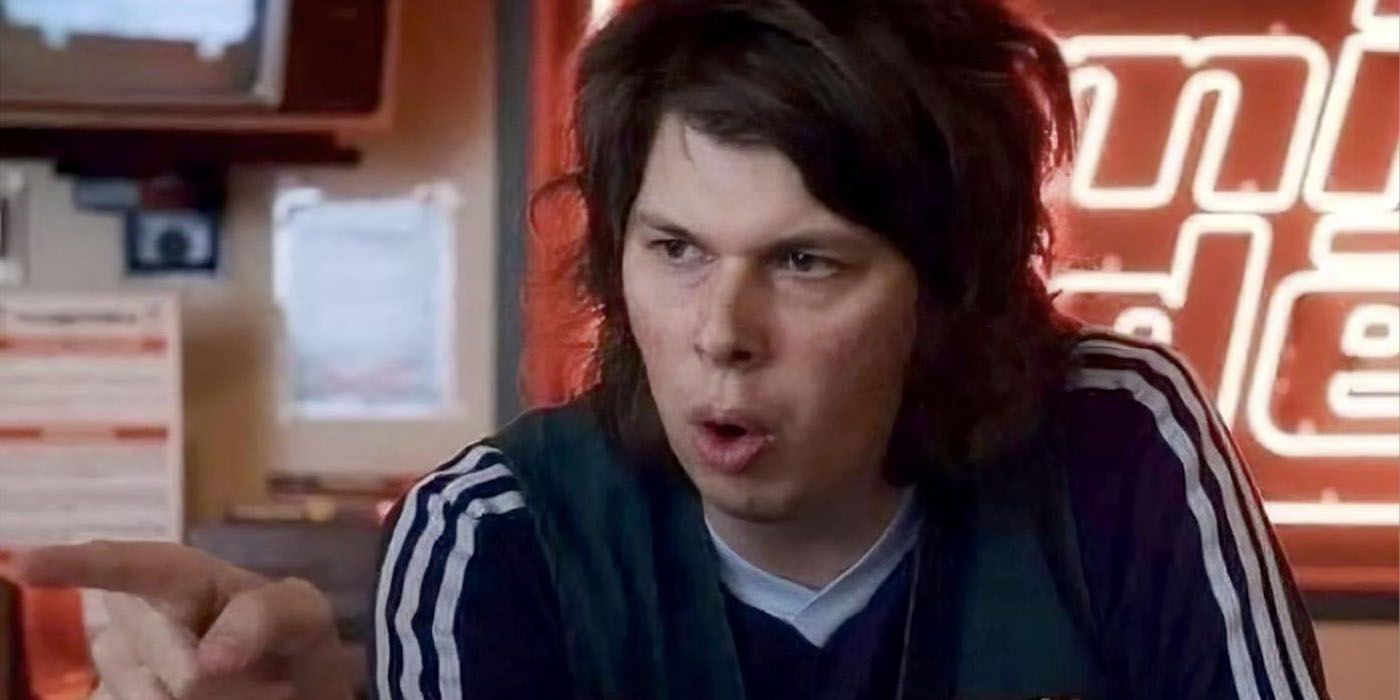 | Matty Cardarople | Huey |
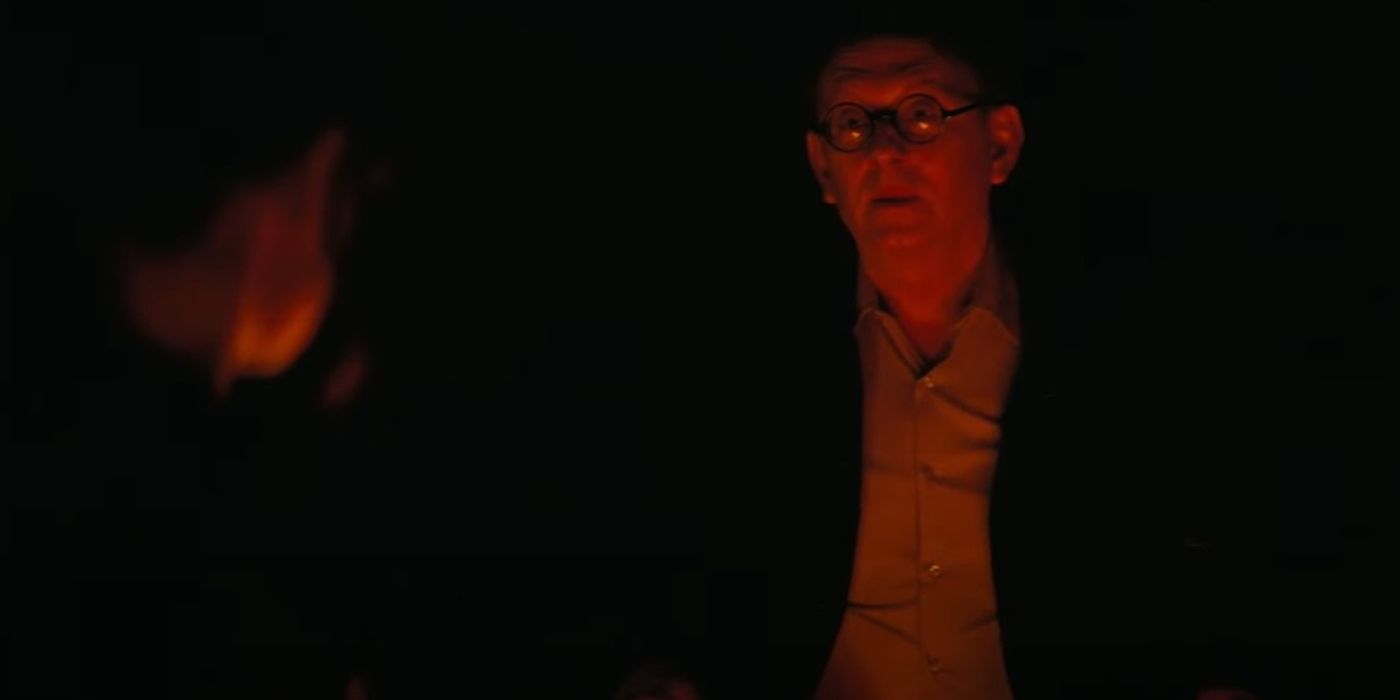 | Michael Emerson | Siggi Wilzig |
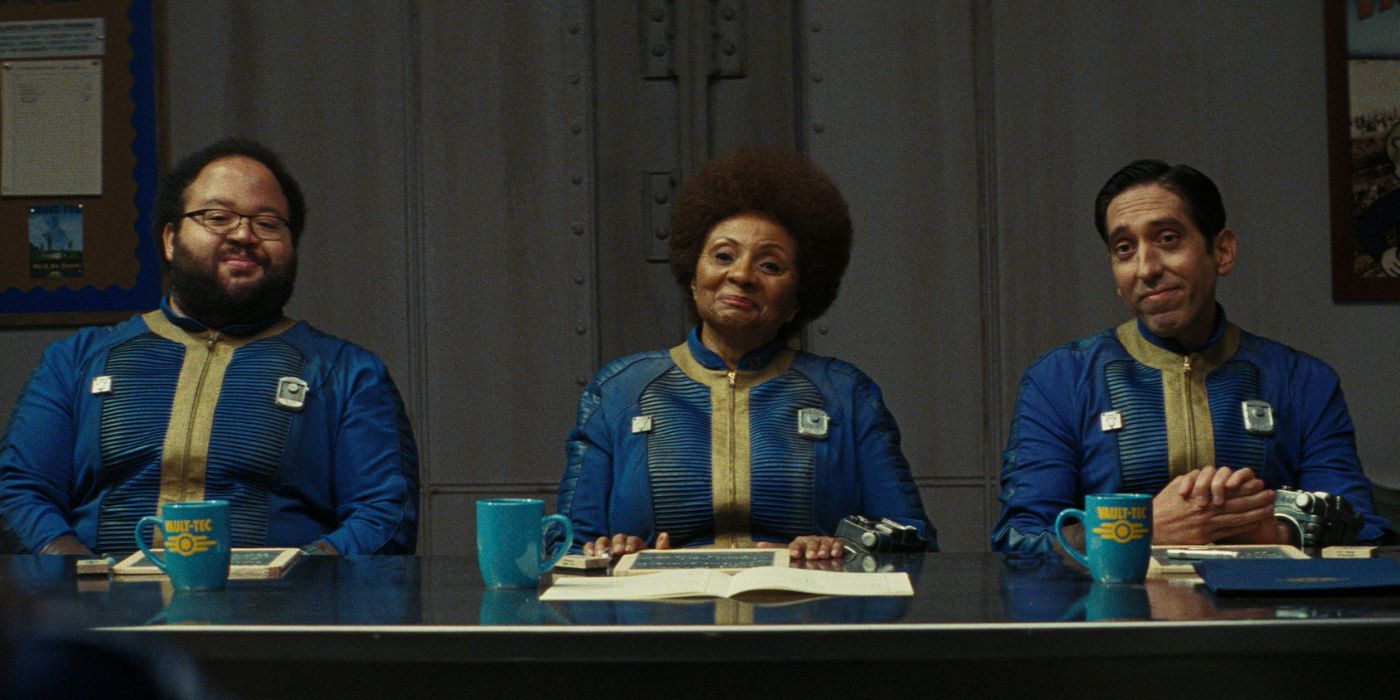 | Rodrigo Luzzi | Reg McPhee |
Comparisons to Other Post-Apocalyptic Shows
Similarities and Differences
The Fallout TV show stands out in the crowded genre of post-apocalyptic series by staying true to its unique aesthetic and storytelling style. While it shares common elements with other shows, such as The Walking Dead and Mad Max, its retro-futuristic setting and dark humor set it apart.
Unique Selling Points
The show’s blend of nostalgia, action, and deep lore make it a unique addition to the genre. Its faithful adaptation of the game’s elements and engaging new storylines offer something for both longtime fans and new viewers.
Fan Reception
Reactions from the Fallout Community
The reception from the Fallout community has been largely positive, with fans appreciating the show’s attention to detail and respectful adaptation. Discussions on online forums and social media highlight both praise and constructive criticism, showing a passionate and engaged fanbase.
General Audience Feedback
General audiences have also responded well to the show, enjoying its compelling storylines and visual spectacle. While some viewers find the pacing uneven, the overall response has been favorable, with many looking forward to future seasons.
Critics’ Reviews
Critical Acclaim and Criticism
Critics have given the Fallout TV show mixed reviews, praising its visual design and strong performances while noting areas for improvement in pacing and writing. Notable reviews highlight the show’s potential, with some calling it a promising start to what could become a beloved series.
Notable Reviews
Publications such as IGN, The Guardian, and Variety have provided in-depth reviews, each offering their own take on the show’s strengths and weaknesses. These reviews provide valuable insights for potential viewers considering whether to dive into the series.
Strengths and Weaknesses
Highlights of the Show
The standout strengths of the Fallout TV show include its visual fidelity to the game, strong performances, and engaging soundtrack. These elements combine to create an immersive and entertaining experience.
Areas Needing Improvement
Areas that could be improved include the pacing of certain episodes and the development of some secondary characters. Addressing these issues in future seasons could elevate the show to even greater heights.
Future Prospects
Potential for Future Seasons
Given the positive reception and the rich source material, the Fallout TV show has significant potential for future seasons. Upcoming storylines could delve deeper into the game’s lore, introducing new locations, characters, and conflicts.
Speculations and Hopes
Fans and critics alike have high hopes for the show’s future, with many speculating about potential plot directions and character arcs. With careful development and attention to fan feedback, the Fallout TV show could continue to thrive, becoming a mainstay in the post-apocalyptic genre.
Recommendation
The Fallout TV show Season 1 has successfully captured the essence of the beloved video game series, delivering a visually stunning and emotionally engaging experience. While there are areas for improvement, particularly in pacing and character development, the show has laid a solid foundation for future seasons. Its unique blend of action, drama, and social commentary, combined with a faithful adaptation of the game’s iconic elements, ensures that it will remain a favorite among fans and newcomers alike. As we look forward to what the next seasons will bring, it’s clear that the Fallout TV show has firmly established its place in the world of post-apocalyptic storytelling.

FAQs (Frequently Asked Questions)
- What makes the Fallout TV show unique? The Fallout TV show stands out due to its faithful adaptation of the video game’s post-apocalyptic aesthetic, combined with a compelling mix of action, drama, and dark humor. The retro-futuristic setting and detailed world-building add a unique flavor that differentiates it from other shows in the genre.
- How does the TV show compare to the Fallout video games? The TV show remains true to the core elements of the Fallout video games, including iconic locations, factions, and lore. However, it also introduces new storylines and characters to keep the narrative fresh and engaging for both fans and newcomers.
- Are there any notable changes from the game to the show? While the show stays true to the game’s aesthetic and core themes, it introduces new characters and plot twists that were not present in the games. These changes aim to enhance the storytelling and provide a new perspective on the Fallout universe.
- How do the special effects and visuals contribute to the show? The special effects and visuals are top-notch, effectively bringing the post-apocalyptic world of Fallout to life. The attention to detail in the set design, costumes, and CGI helps immerse viewers in the dystopian landscape, making the show visually captivating.
- What can we expect from future seasons of the Fallout TV show? Future seasons are expected to delve deeper into the Fallout lore, exploring new locations, characters, and conflicts. With the foundation set in Season 1, subsequent seasons have the potential to expand the narrative and address some of the pacing and character development issues highlighted by fans and critics.

